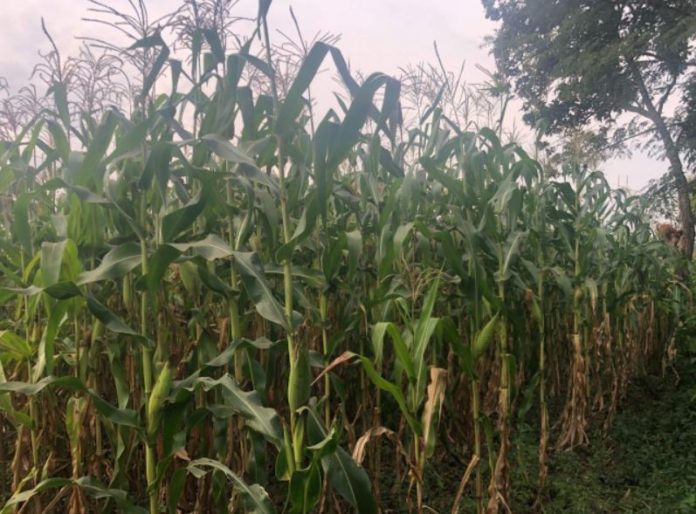Rwanda, Democratic Republic of Congo (DRC), and Burundi are set to benefit from a regional initiative dubbed “Transforming Agri-Food Systems in West and Central Africa (TAFS-WCA)” which is aimed to increase food security and combat climate crisis.
The $25 million initiative was launched by CGIAR, a global research partnership for a food secure future dedicated to reducing poverty, enhancing food and nutrition security, and fighting climate change.
The initiative aims to improve nutrition and food security within the context of climate change in West and Central Africa through nutritious, climate-adapted and market-driven food systems. Patrick Karangwa, The Director General of Rwanda Agricultural and Animal Resources Development Board said that the Initiative will contribute to enhancing food, land, and water systems, resulting in improved nutrition, livelihoods, and environmental sustainability in the region.
“The initiative is expected to help the continent realize agriculture’s potential to transform food, land, and water systems in a climate crisis. We work with the centers in Rwanda on a range of research for development initiatives including crop productivity, animal resources development, and institutional strengthening among others. The partnership, involves scaling out knowledge, technologies, and innovations generated from over 50 years of research,” he said.
Food security
“The initiative specifically aims at transforming nutritious, climate-adapted, and market-driven food systems. It will do so through development and scaling of novel and inclusive production and postharvest technologies, participatory decision-making and planning, informed governance, and the strengthening of gender and youth business hubs,” Karangwa added.
Jan Helsen, the initiative lead, said that the 13 research centres in CGIAR network have been implementing various projects that aim at ensuring food security through research and partnerships with national research centers. Seven CGIAR research institutes work independently in the agricultural research portfolio within the various countries in the Central African region.
The centers include International Institute of Tropical Agriculture (IITA), International Food Policy Research Institute (IFPRI), Africa Rice, International Water Management Institute (IWMI), World Fish Center, the Alliance of Bioversity International, The International Center for Tropical Agriculture (CIAT), and The International Potato Center (CIP).
Agriculture contributes between 30 per cent and 50 per cent of West and Central Africa’s GDP and provides income and livelihoods to between 70 percent and 80 percent of the region’s population. But the sector, has not been able to live up to its potential to feed the region’s growing population, due to the disruptive forces of climate change, including rapid land degradation and increasing incidences of invasive pests and diseases. As a result, they said, consumers often resort to imported and ultra-processed foods, increasing the triple burden of malnutrition.








